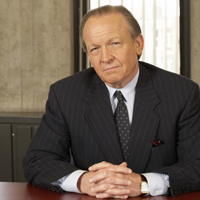New research has revealed that an increasing number of staff that are approaching retirement actually want to continue working – providing small company owners with more employment options.
Insurance firm Standard Life conducted a survey that showed that 42% of 46-65 year olds wish to carry on working beyond their official retirement age.
The majority of SME owners will welcome the news that those in the older age bracket want to continue working and that their skills will not necessarily be leaving their firm when they reach the official retirement age.
Small firms owners will also hope that the government act on the advice of several leading business groups and think tanks that have called on the state to do more to encourage businesses to keep on staff that are approaching their retirement but wish to remain in work.
42% of 46-65 year olds wish to carry on working beyond their official retirement age
"We have got to incentivise people to develop new skills and new perspectives to start small businesses," said Professor Bosanquet.
"My key change would be to make-work after 65 virtually tax-free so that we do encourage people to stay in active work after that age. I think that would be a powerful incentive."
John Lawson, head of pensions policy at Standard Life agrees that it is important for older workers to remain in employment.
"The fact that the baby boomer generation want to remain engaged with work is a lifeline to both the economy and subsequent generations," said Mr Lawson.
"As a rule of thumb, over 50% of the population should be economically active. In an ageing population this becomes more challenging, and risks creating a disproportionate tax burden for the next generation and starving business of skills and experience.
“Business and Government need to do more to support an active workforce who are keen to remain engaged."






